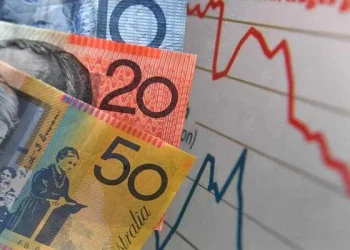Bank of Japan Governor Kazuo Ueda issued a cautionary statement on Wednesday, indicating the potential for monetary policy intervention should yen fluctuations significantly impact inflation. Ueda’s remarks underscore concerns over the adverse economic effects stemming from the yen’s recent sharp depreciation.
Ueda elaborated on the multifaceted repercussions of a weak yen on the economy, citing its tendency to elevate import costs and influence consumer demand for goods and services. While affirming the BOJ’s stance of not directly controlling currency movements through monetary policy, Ueda emphasized the necessity of closely monitoring their potential ramifications on economic activity and price levels.
“Companies’ actions in setting wages and prices have shown increased activity. Consequently, we must remain vigilant regarding the heightened risk posed by currency volatility on inflation,” stated Ueda.
Ueda reiterated the possibility of implementing monetary policy measures in response to significant fluctuations in exchange rates, emphasizing the potential impact on both the economy and price stability during a parliamentary session.
These remarks represent a shift from Ueda’s previous statements following the BOJ’s recent policy meeting, where he indicated that the yen’s depreciation had not immediately impacted inflation trends.
Analysts suggest that Ueda’s post-meeting comments may have contributed to exacerbating the yen’s decline, as they heightened market expectations of prolonged interest rates at their current near-zero levels, delaying potential rate hikes.























